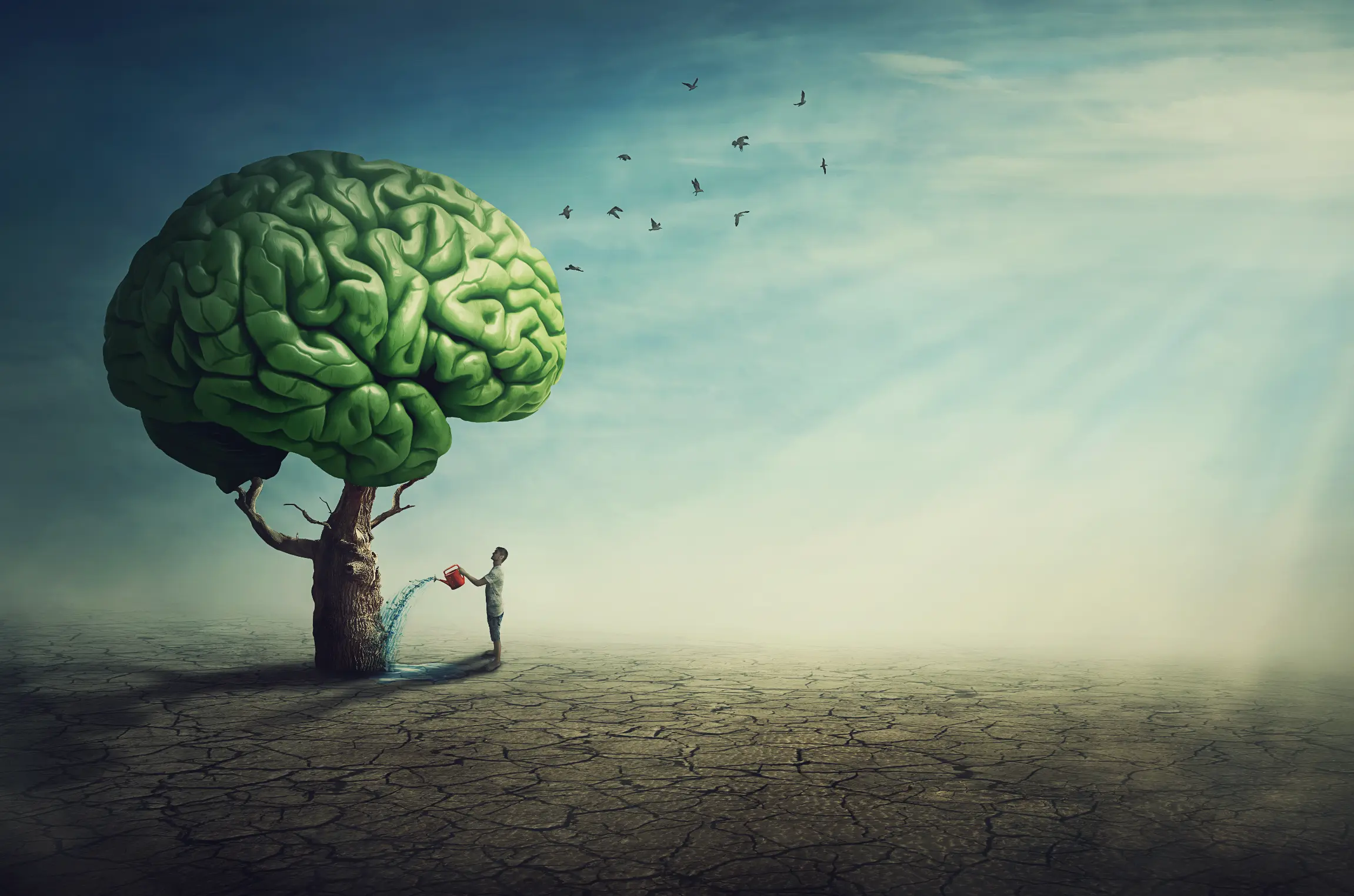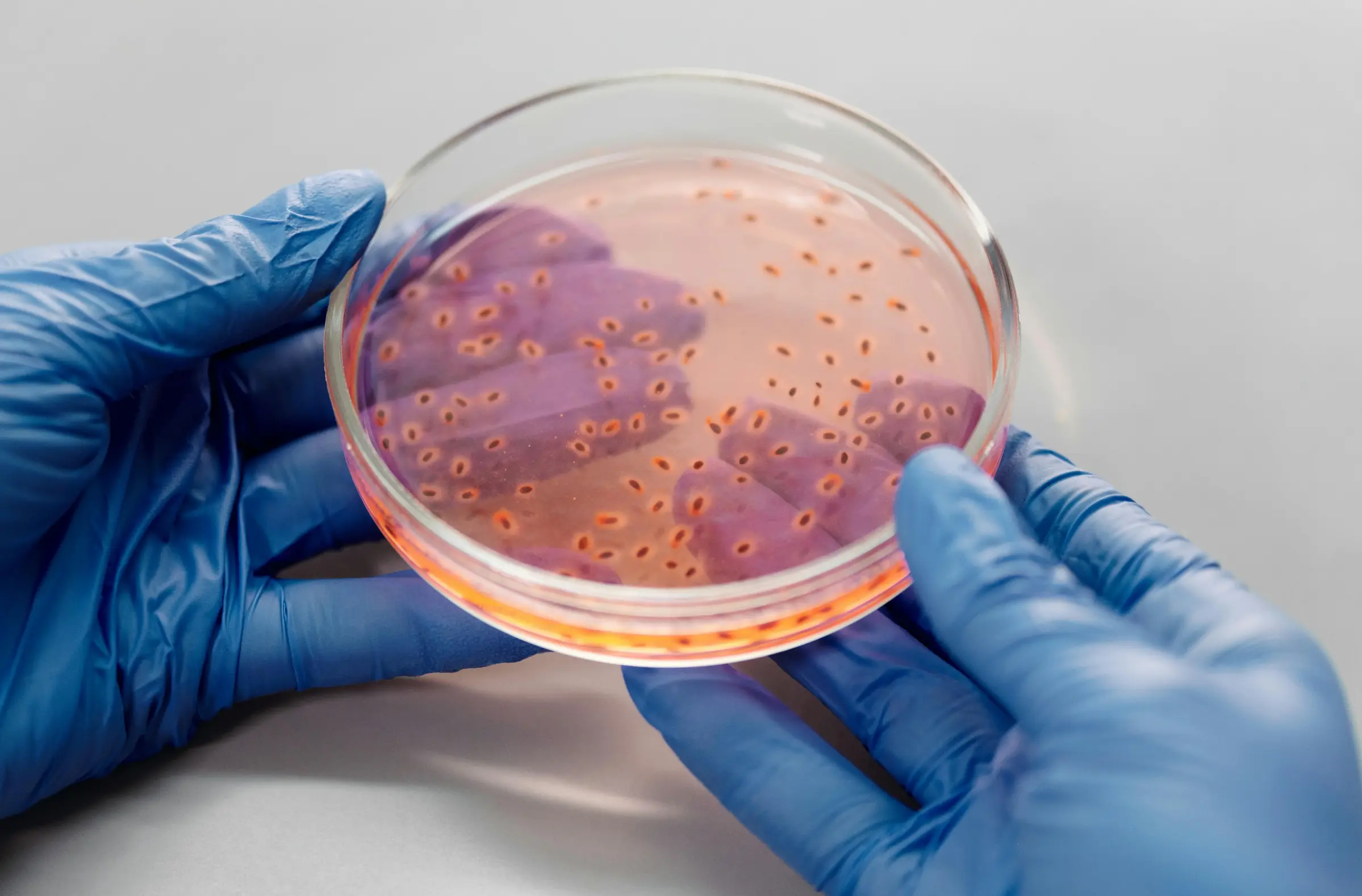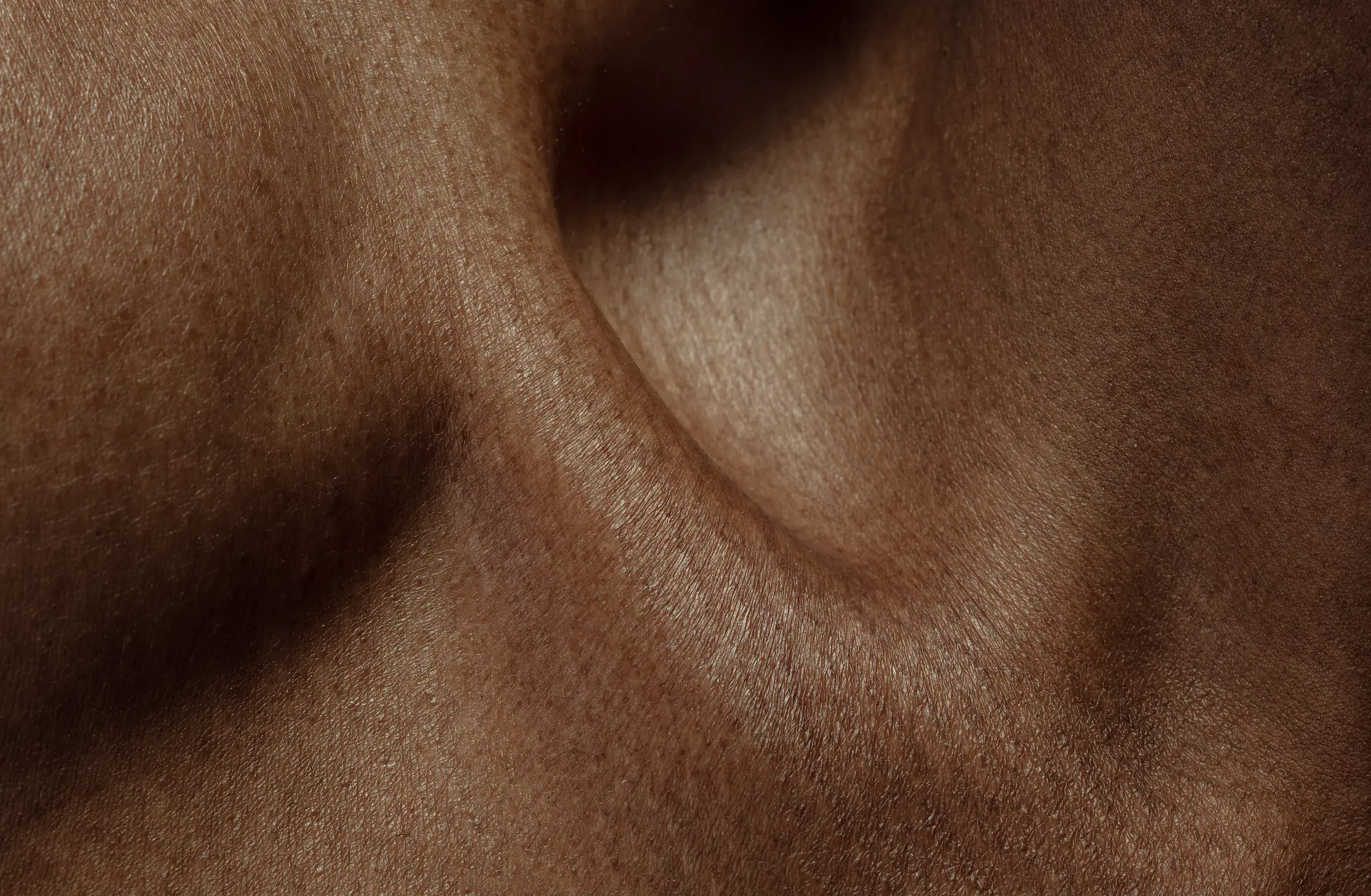Nutrition for exercise: what should you eat before and after exercise?
A smarter nutritional choice before and after your workout maximizes both your performance and recovery.

Introduction
Eating right before and after exercise affects how you perform, how quickly you recover and how it feels in your body both during and after a workout.
Everyone's needs look different — it's about exercise level, goals and how the body reacts to certain foods.
Nevertheless, there are clear guidelines that improve results for both new and experienced trainees.
Eat right before exercise
The food you choose before a workout makes a big difference.
Proper nutrition can give you both energy and better focus, while the wrong food easily slows you down, causes stomach problems or fatigue.
Think of food as fuel -- without energy, the engine shuts down.
Timing and amount of food
A large meal should be eaten about 2-3 hours before exercise so the body has time to digest.
Smaller snacks work closer to the workout, preferably 30-60 minutes before if you need extra energy.
- 2-3 hours before: A balanced meal with carbohydrates, protein and little fat.
- 30-60 minutes before: A small snack, preferably easily digestible — for example a banana or yogurt.
If the body gets too much food too close to the workout, energy can go to the digestion instead of the muscles.
Too little can make you helpless.
Good foods before exercise
Choose foods that provide fast and sustainable energy without feeling heavy in the stomach.
Carbohydrates are most important for the body, protein provides better muscle performance and recovery.
Avoid fatty, fried or high-fiber foods that often cause stomach upset during activity.
Good carbohydrate choices before exercise:
- Oatmeal porridge
- Banana
- Rice cake
- White bread or crispbread
- Pasta
Good protein sources for workouts:
- Low-fat milk or yogurt
- Turkey toppings
- Eggs
- Kvarg
Feel free to combine a portion of oatmeal porridge with sliced banana and milk — both tasty and effective.
Fluid balance and caffeine
Fluid levels affect energy, especially during longer or intense workouts.
Drink water both in the hours before and just before exercise. A simple benchmark is that urine should be bright yellow.
Caffeine can increase both focus and endurance.
A cup of coffee 30-60 minutes before exercise has been shown to have an effect for many.
Keep in mind that caffeine is not suitable for everyone and can cause palpitations or stomach upset in some.
Recovery: Eat right after exercise
After training, the body needs to replenish energy and repair muscles.
Here, too, the choice of food plays a big role in how quickly you feel ready again.
Carbohydrates and protein for recovery
Carbohydrates quickly replenish glycogen stores, that is, the energy stores depleted during exercise.
Protein helps muscles rebuild and reduces the risk of exercise pain.
Good choices for recovery:
- Whole wheat bread with cheese and ham
- Rice with chicken and vegetables
- Kvarg with berries and nuts
- Yogurt with muesli
- Protein shake with a fruit
When to eat after exercise?
For best effect: eat within 30-60 minutes after completing the session.
During this window, the body is extra receptive to both carbohydrates and protein.
Without food immediately after the workout, recovery slows down and the muscles have less opportunity to scratch.
Examples of simple meals after exercise
Quick suggestions to facilitate recovery:
- Protein pancake with berries
- Salad with lentils, chicken and quinoa
- Small smoothie with yogurt, berries and a little honey
- Chia pudding topped with fruit
- Rye bread with a boiled egg and vegetables
Anyone who exercises hard or for a long time may need a larger meal afterwards, while a small recovery goal is enough after lighter exercise.
Common Mistakes and What to Avoid
- Skip meals: If you exercise on an empty stomach, you will have worse energy and worse recovery.
- Eating too close to the door: Heavy food within an hour before the workout can cause stomach pain and slow you down.
- Forget the protein: Carbohydrates may provide quick energy, but protein builds up and makes you stronger.
- Drink too little: Small fluid losses impair both performance and concentration.
- Too much sugar: Sugary drinks and snacks provide an energy boost first — then a quick dip.
References
- Swedish Food Administration. “Food and exercise — advice for those who exercise.” Livsmedelsverket.se
- The Swedish Olympic Committee. “Diet for performance — sports nutrition.”
- Thomas, D. T., Erdman, K. A., & Burke, L. M. (2016). “Position of the Academy of Nutrition and Dietetics, Dietitians of Canada, and the American College of Sports Medicine: Nutrition and Athletic Performance” (J Acad Nutr Diet. 2016; 116:501-528).
- Maughan, R. J., et al. (2018). “IOC consensus statement: dietary supplements and the high-performance athlete.” Br J Sports Med.
Summary
The right food and drink before and after exercise provide better energy, more efficient recovery and more joy in training.
Adapt to your needs and feel how energy changes in your body when you take nutritional choices seriously.









